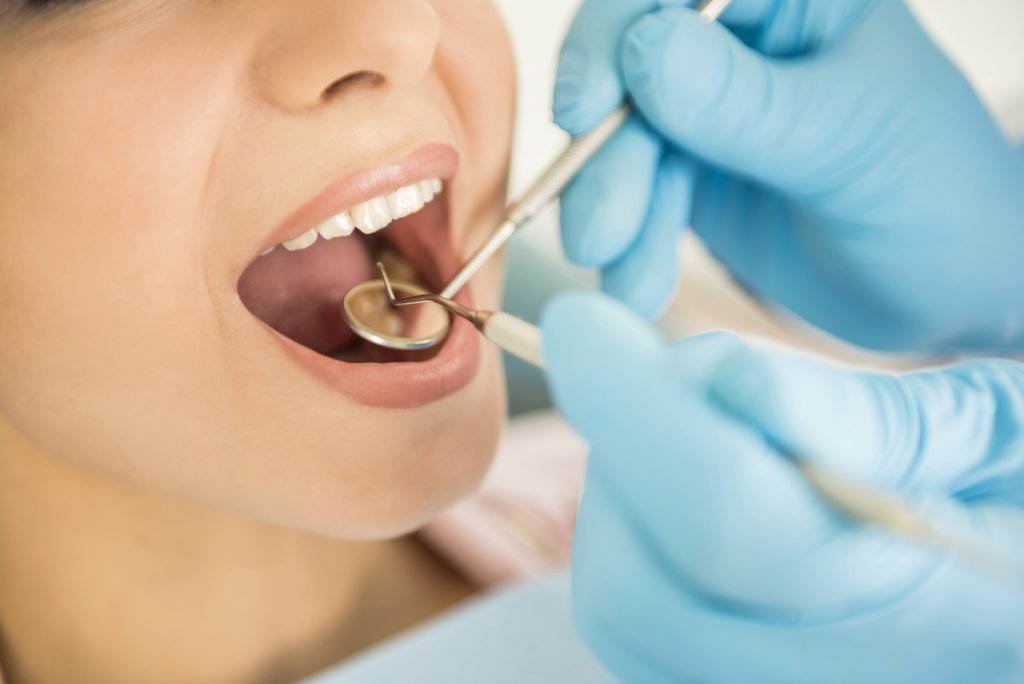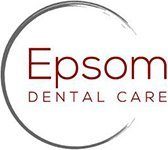Oral Health and You – Prevention Is Better Than Cure

Nobody enjoys dental procedures, but did you know that many of them can be avoided through preventative measures?
Dental procedures often result from poor oral hygiene, a bad diet and physical trauma. Taking steps to minimise these risks is the simplest ways of preventing dental emergencies.
Here are the two main causes of dental emergencies and how to avoid them.
Bacterial Infections
Bacterial infections are generally caused by poor oral hygiene.
For example, periodontitis (gum disease) is caused by bacteria forming a sticky plaque over your teeth and gums, causing inflammation.
Another form of infection is when bacteria eat away at the teeth and cause dental decay.
Gum disease affects the underlying bone and ligament as well as the gums. It is capable of causing severe damage if it’s not treated quickly.
The condition can become serious before the patient experiences any pain or sees any visible signs. Tooth decay destroys tooth substance including affecting the nerve inside the tooth leading to more extensive treatments.
Preventing Bacterial Infections At Home
Brushing and flossing twice a day will prevent the build-up of plaque. As well as this, regular dentist visits can address any problems before they develop into serious conditions.
Maintain a balanced diet, minimising highly acidic foods and sugary treats that erode the enamel on your teeth.
It doesn’t take long for plaque to grow and gingivitis to form, leading to serious dental problems.
To give you an idea, it only takes:
- 4-12 hours for plaque to grow after brushing your teeth
- 20 minutes for plaque to form after eating sugary food
- 48 hours for the bacterial biofilm to harden
- 10 days for it to harden into tartar, which can only be removed using a dental instrument
- 3-4 months for the bacteria to break down enough enamel to form tooth decay and gum disease
Old Dental Treatments
Fractured or dislodged fillings and cracked teeth are other common causes of dental emergencies. Old fillings can break or fall out over time or they can be dislodged due to physical trauma.
This leads to sensitivity and creates jagged edges that cause discomfort and pain or sometimes total tooth loss due to fracture.
Most old fillings are an amalgam, typically made from mercury, which expands and contracts when exposed to different temperatures.
These movements strain the enamel of your tooth over long periods of time, often creating cracks in the tooth. This makes it important to have them checked regularly and replaced when needed.
Preventing Dental Emergencies from Old Fillings
Fillings begin to show signs of wear after two years and should be replaced every five or six years.
Leaving it too long can result in cracking, allowing bacteria to penetrate and cause infection. Patients commonly feel no symptoms until the problem becomes serious.
Amalgam fillings were once considered to be the strongest and most cost-effective solution.
These days, patients can get CEREC restorations; high-quality fillings made from porcelain that look just like the surrounding tooth material.
Technological advancements have allowed dentists to create custom fillings that are aesthetically pleasing and far more durable than other options.
Better Smiles at Epsom Dental Care Applecross
If you need an emergency dentist in Applecross, visit Epsom Dental Care Applecross.
We use the latest technologies to provide an exceptional standard of care in a patient-friendly environment.
Contact us today for teeth cleaning, emergency dental services or everyday family dental care.
If you have any questions about our services, we are happy to answer any questions and also schedule you an appointment. Simply contact us online or call (08) 9316 0555.
We are located at 729 Canning Hwy in Applecross WA.
